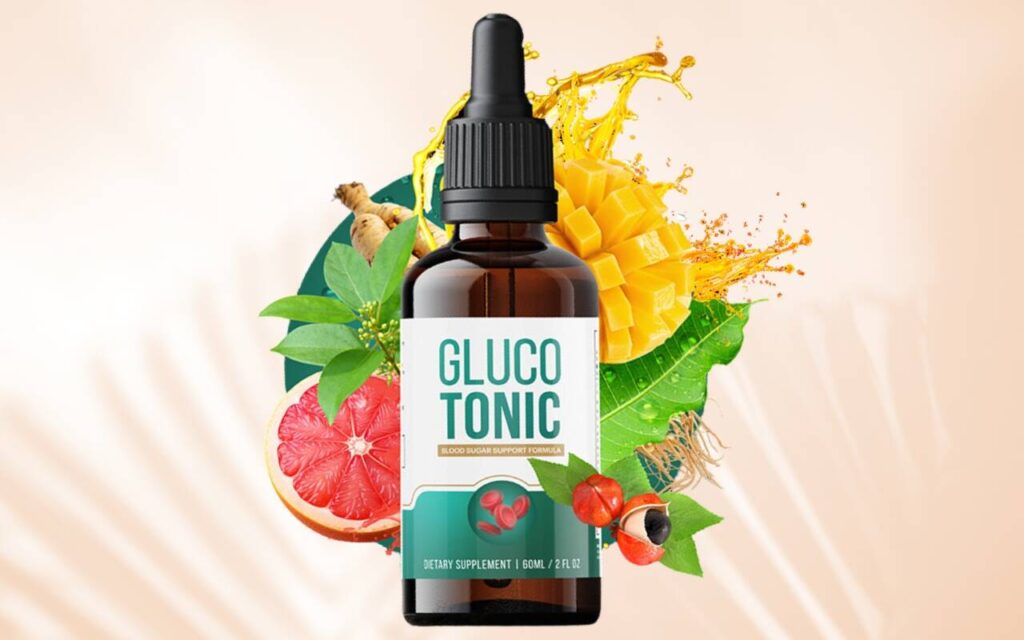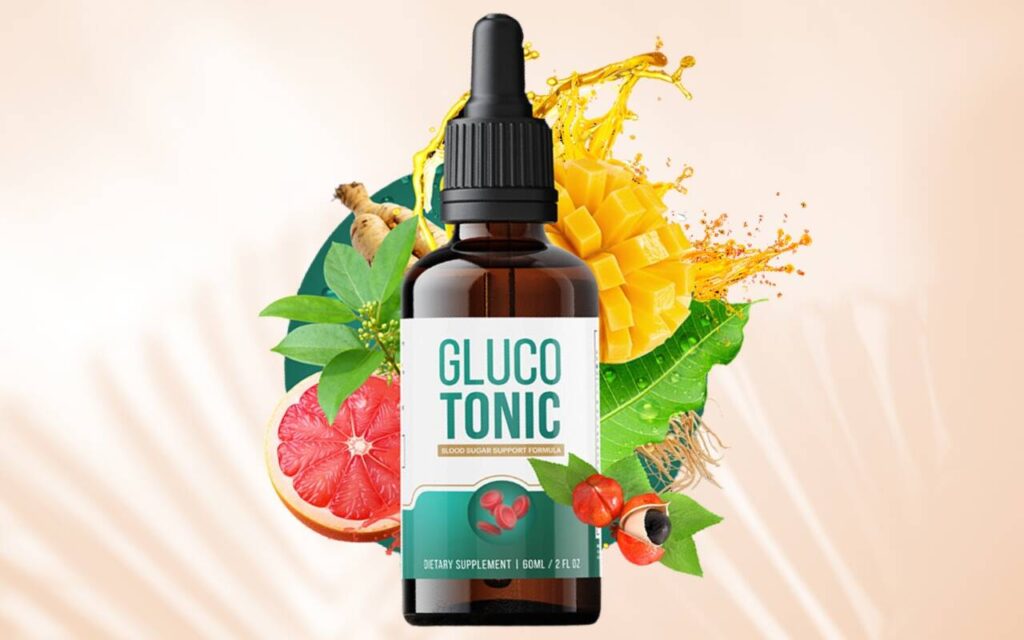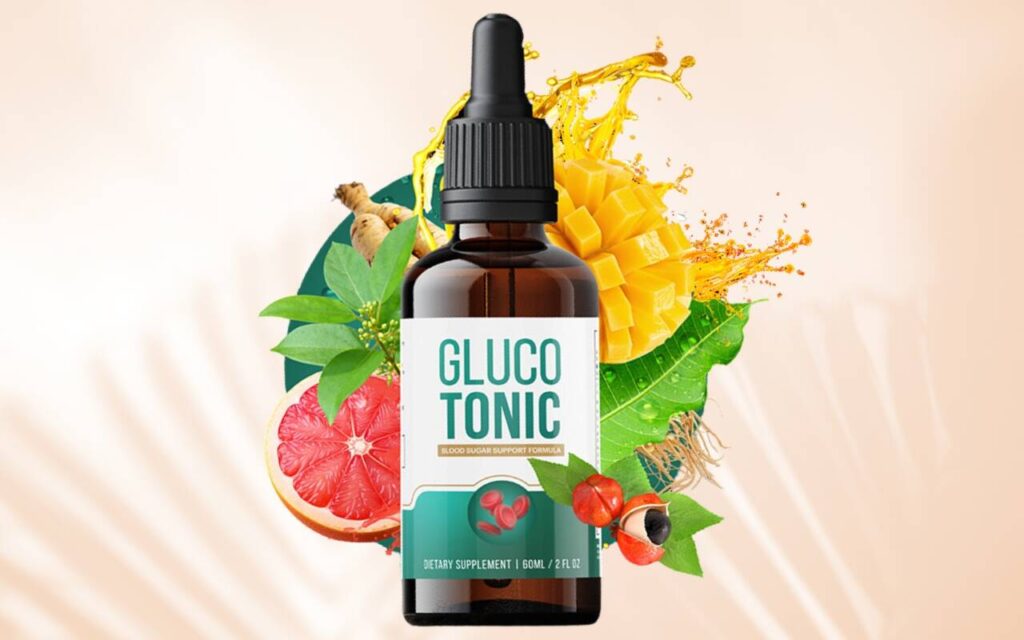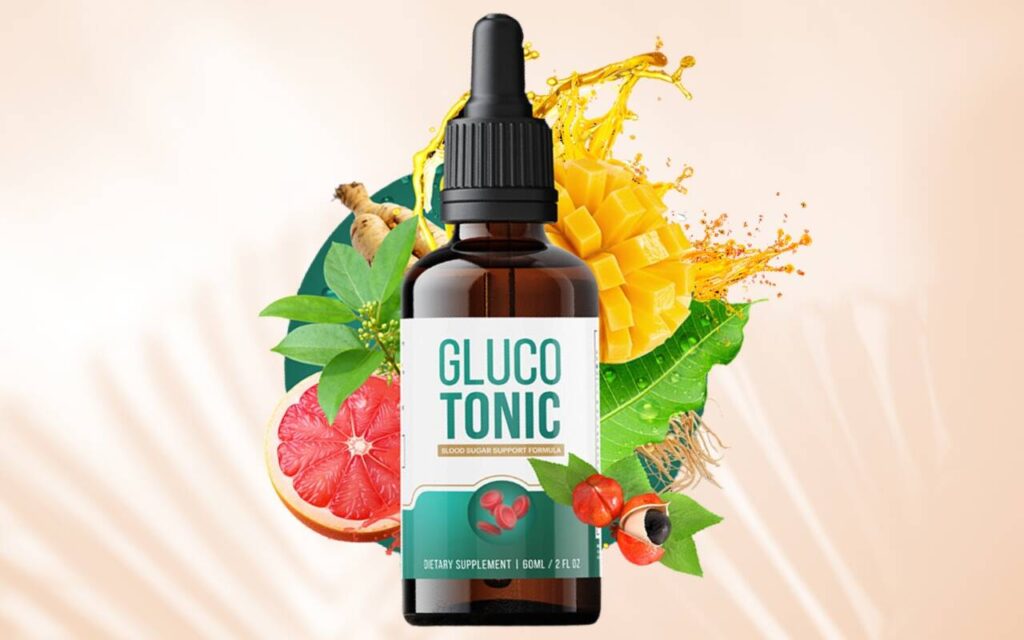Supplements to Lower Blood Sugar Naturally: A Comprehensive Guide
Managing blood sugar levels is a critical aspect of overall health, especially for individuals with diabetes or prediabetes. While lifestyle changes like diet and exercise play a pivotal role, certain supplements to lower blood sugar naturally can provide additional support. This article explores evidence-based supplements that may help regulate glucose levels, their mechanisms of action, and how to incorporate them safely into your routine.
Understanding Blood Sugar and Its Impact
Before diving into supplements, it’s essential to understand blood sugar (glucose) and why maintaining balanced levels matters. Glucose is the primary energy source for cells, but consistently high levels can lead to insulin resistance, inflammation, and complications like type 2 diabetes, heart disease, and nerve damage.
Natural approaches, including supplements to lower blood sugar naturally, can complement medical treatments by improving insulin sensitivity, reducing glucose absorption, or enhancing pancreatic function.
Top Supplements to Lower Blood Sugar Naturally
1. Berberine
How It Works:
Berberine, a compound found in plants like goldenseal and barberry, activates AMP-activated protein kinase (AMPK), a enzyme that helps regulate metabolism. Studies show it can lower fasting and post-meal blood sugar levels as effectively as some prescription medications.
Evidence:
- A 2012 meta-analysis found berberine reduced HbA1c (a long-term glucose marker) by 0.71% on average.
- It may also improve lipid profiles, reducing LDL cholesterol.
Dosage: 500 mg, 2–3 times daily with meals.
2. Cinnamon
How It Works:
Cinnamon contains bioactive compounds like cinnamaldehyde, which may mimic insulin and improve glucose uptake by cells. It also slows carbohydrate breakdown in the gut.
Evidence:
- A 2013 study reported cinnamon reduced fasting blood sugar by 10–29% in diabetics.
- Ceylon cinnamon is preferred over cassia due to lower coumarin content (a potential liver toxin).
Dosage: 1–6 grams daily (about ½–2 teaspoons).
3. Alpha-Lipoic Acid (ALA)
How It Works:
ALA is a potent antioxidant that reduces oxidative stress linked to insulin resistance. It may also enhance glucose metabolism and reduce neuropathy symptoms.
Evidence:
- A 2018 review noted ALA improved insulin sensitivity in type 2 diabetics.
- It’s particularly beneficial for diabetic neuropathy.
Dosage: 300–600 mg daily.
4. Chromium
How It Works:
Chromium is a trace mineral that enhances insulin’s action, helping cells absorb glucose more efficiently.
Evidence:
- A 2014 study found chromium picolinate reduced HbA1c and fasting glucose in diabetics.
- Deficiency is rare, but supplementation can benefit those with poor dietary intake.
Dosage: 200–1,000 mcg daily (consult a doctor for higher doses).
5. Magnesium
How It Works:
Magnesium plays a role in over 300 enzymatic reactions, including glucose metabolism. Low levels are linked to insulin resistance.
Evidence:
- Research suggests magnesium supplementation can lower fasting glucose and improve insulin sensitivity.
- Diets rich in magnesium (leafy greens, nuts) are associated with a lower diabetes risk.
Dosage: 200–400 mg daily (glycinate or citrate forms are best absorbed).
6. Fenugreek
How It Works:
Fenugreek seeds contain soluble fiber and compounds like trigonelline, which slow carbohydrate digestion and improve insulin secretion.
Evidence:
- A 2015 study showed fenugreek reduced fasting blood sugar by 13–15% in type 2 diabetics.
- It may also lower LDL cholesterol.
Dosage: 5–50 grams daily (seeds, powder, or extract).
7. Gymnema Sylvestre
How It Works:
Known as the "sugar destroyer," Gymnema sylvestre may reduce sugar absorption in the intestines and stimulate insulin production.
Evidence:
- A 2016 trial found it lowered HbA1c and fasting glucose in diabetics.
- It may also curb sugar cravings by blocking sweet taste receptors.
Dosage: 200–400 mg daily of extract.
8. Omega-3 Fatty Acids
How It Works:
Omega-3s (EPA/DHA) reduce inflammation linked to insulin resistance. They also support heart health, crucial for diabetics.
Evidence:
- While not directly lowering blood sugar, omega-3s improve lipid profiles and reduce diabetes complications.
- Best sourced from fatty fish (salmon) or algae oil.
Dosage: 1,000–2,000 mg daily of combined EPA/DHA.
Combining Supplements for Optimal Results
While individual supplements to lower blood sugar naturally show promise, combining them may yield synergistic effects. For example:
- Berberine + Cinnamon: Enhances insulin sensitivity and slows glucose absorption.
- Magnesium + Chromium: Supports metabolic pathways and insulin function.
Always consult a healthcare provider before stacking supplements, especially if taking medications (e.g., insulin or metformin), to avoid interactions or hypoglycemia.
Lifestyle Synergy: Beyond Supplements
Supplements work best alongside healthy habits:
- Diet: Focus on low-glycemic foods (non-starchy veggies, lean proteins, healthy fats).
- Exercise: Regular physical activity improves glucose uptake by muscles.
- Sleep: Poor sleep disrupts insulin sensitivity.
- Stress Management: Chronic stress raises cortisol, increasing blood sugar.
Safety and Considerations
- Quality Matters: Choose third-party tested supplements (look for NSF, USP, or ConsumerLab seals).
- Start Low: Begin with the lowest effective dose to assess tolerance.
- Monitor Blood Sugar: Track levels to avoid hypoglycemia, especially if on diabetes meds.
- Pregnancy/Breastfeeding: Some supplements (e.g., berberine) are unsafe during these periods.
Final Thoughts
Incorporating supplements to lower blood sugar naturally can be a valuable strategy for glucose management, but they’re not a standalone solution. Prioritize evidence-based options like berberine, cinnamon, and magnesium, and pair them with a balanced lifestyle for optimal results. Always work with a healthcare professional to tailor a plan to your unique needs.
By taking a proactive approach, you can support healthy blood sugar levels and reduce the risk of long-term complications—naturally and effectively.
Frequently Asked Questions
FAQ
-
What are the best natural supplements to lower blood sugar?
Some effective supplements include cinnamon, berberine, alpha-lipoic acid, and fenugreek, which have been shown to help regulate blood sugar levels naturally. -
How long does it take for supplements to lower blood sugar?
Results vary, but many people notice improvements within a few weeks of consistent use, depending on the supplement and individual health factors. -
Are there any side effects of taking blood sugar-lowering supplements?
Some supplements may cause mild side effects like digestive discomfort or interact with medications, so it’s best to consult a doctor before starting any new supplement. -
Can supplements replace diabetes medication?
Supplements can support blood sugar management but should not replace prescribed medication without medical supervision. Always discuss changes with your healthcare provider.





